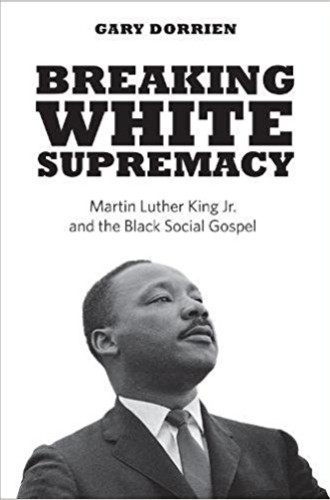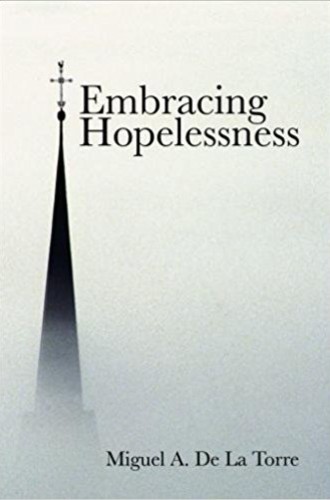
Racism’s pervasiveness and persistence has left the world horribly off-kilter. Hope in the context of racism subsists mostly as a question: How much hope can one afford? Some of the best recent books in ethics take up this question.
During Holy Week, I read through Gary Dorrien’s magnificent two-volume series, completed earlier this year, about a movement he calls “the black social gospel.” The series relates the amazing confluence of mind and spirit that began (it goes on still) during the hundred-year period between Reconstruction and the civil rights era. The first volume, The New Abolition: W. E. B. Du Bois and the Black Social Gospel (Yale University Press), brings to life those reformers whose work commenced after American slavery officially ended and the enterprise of re-creating slavery in new form was beginning. My Maundy Thursday started off with reading about those who mobilized against a massive lynching campaign perpetrated to enforce racial oppression. My Good Friday entailed sitting at the feet of the giants who wrestled with the future of black life under these impossible conditions.
The second volume, Breaking White Supremacy: Martin Luther King Jr. and the Black Social Gospel (Yale University Press), interweaves histories of families and institutions, of the black church and its storied presence, of African Americans in Africa and America, of ideas like nonviolence and socialism and uplift, and of the painfully varied ability of American Christianity to produce both a Howard University (or a Martin Luther King Jr.) and the need for them. [Read John Fea's review of Breaking White Supremacy here.]










